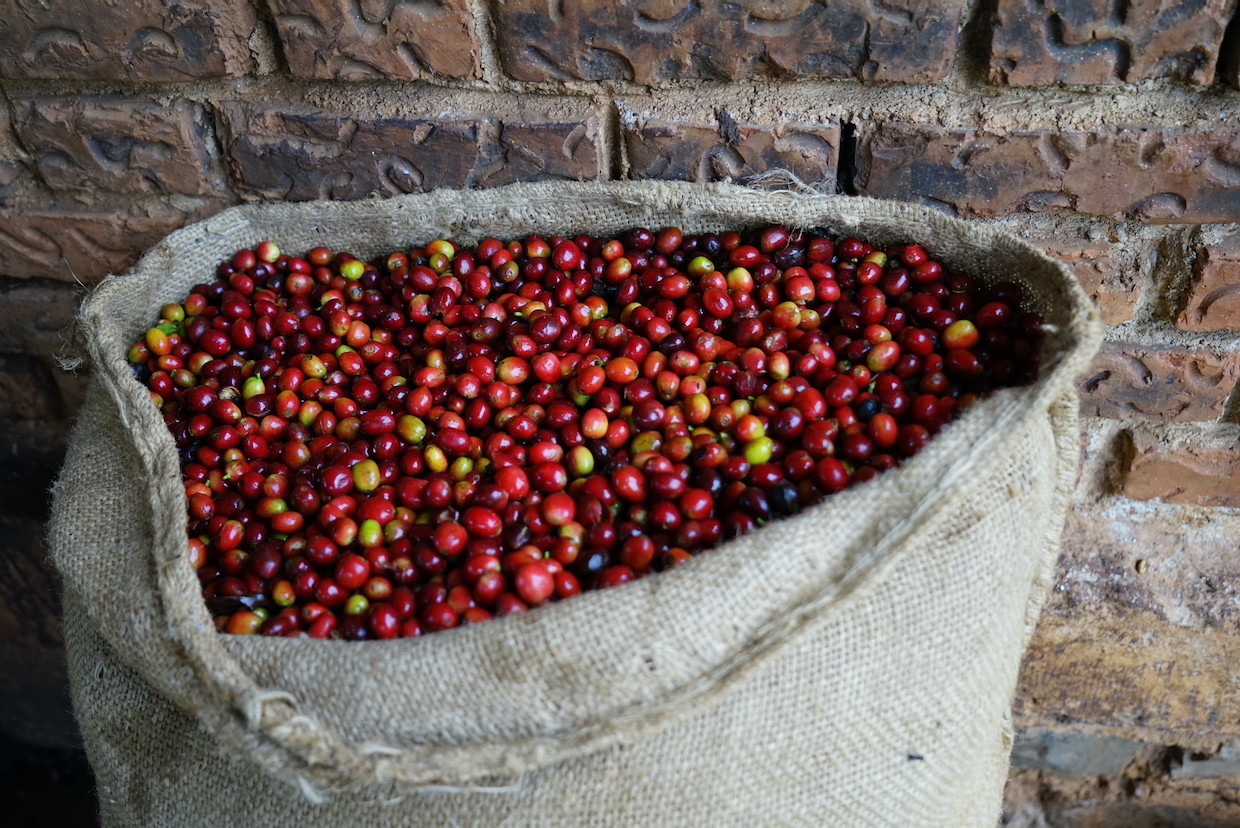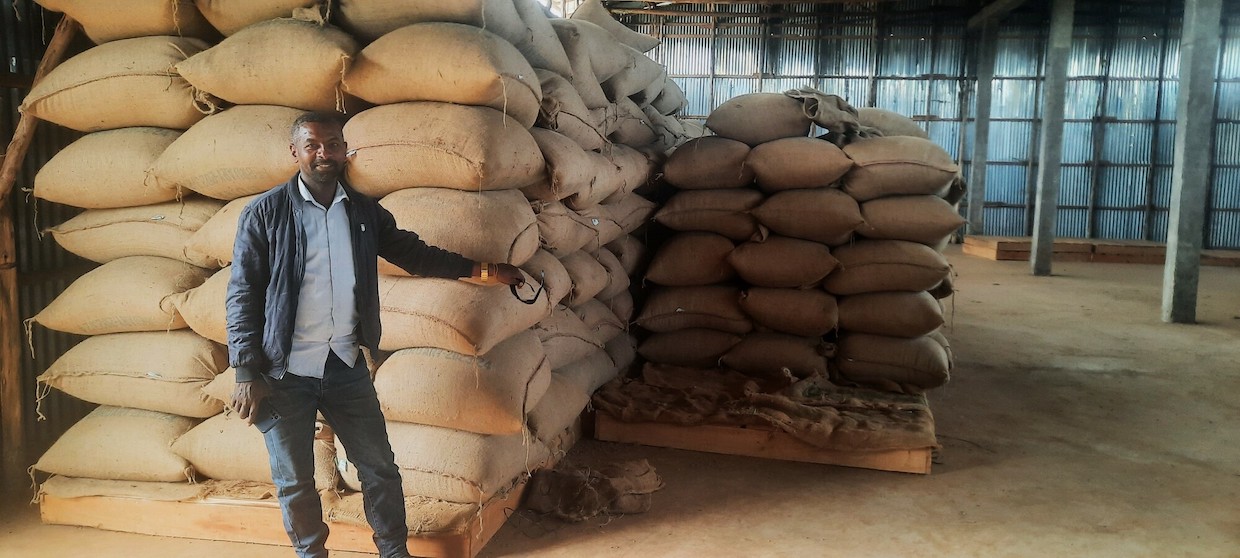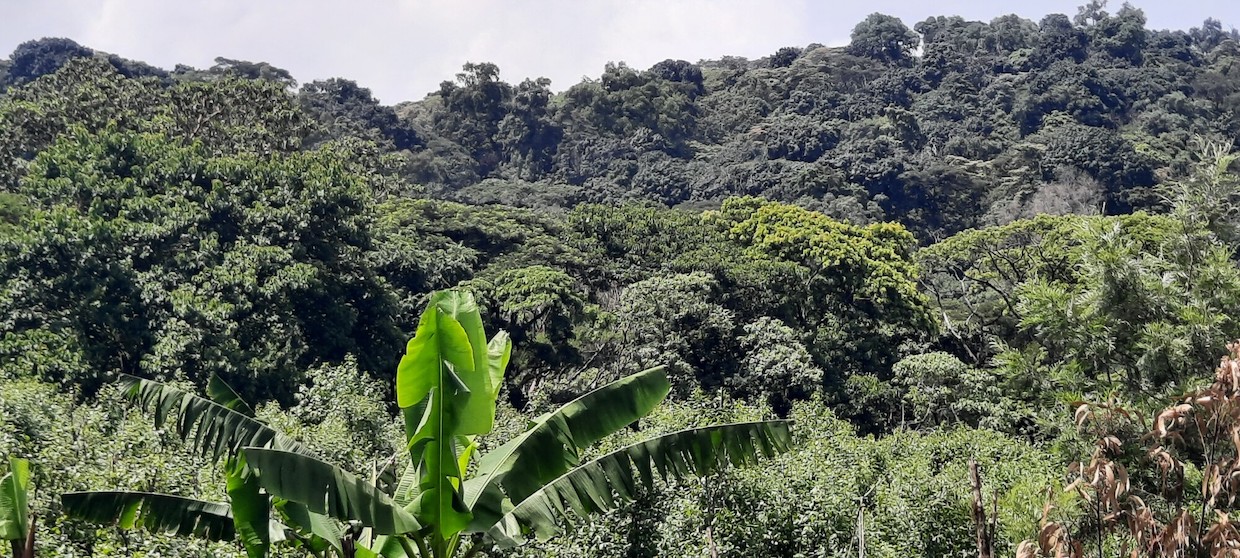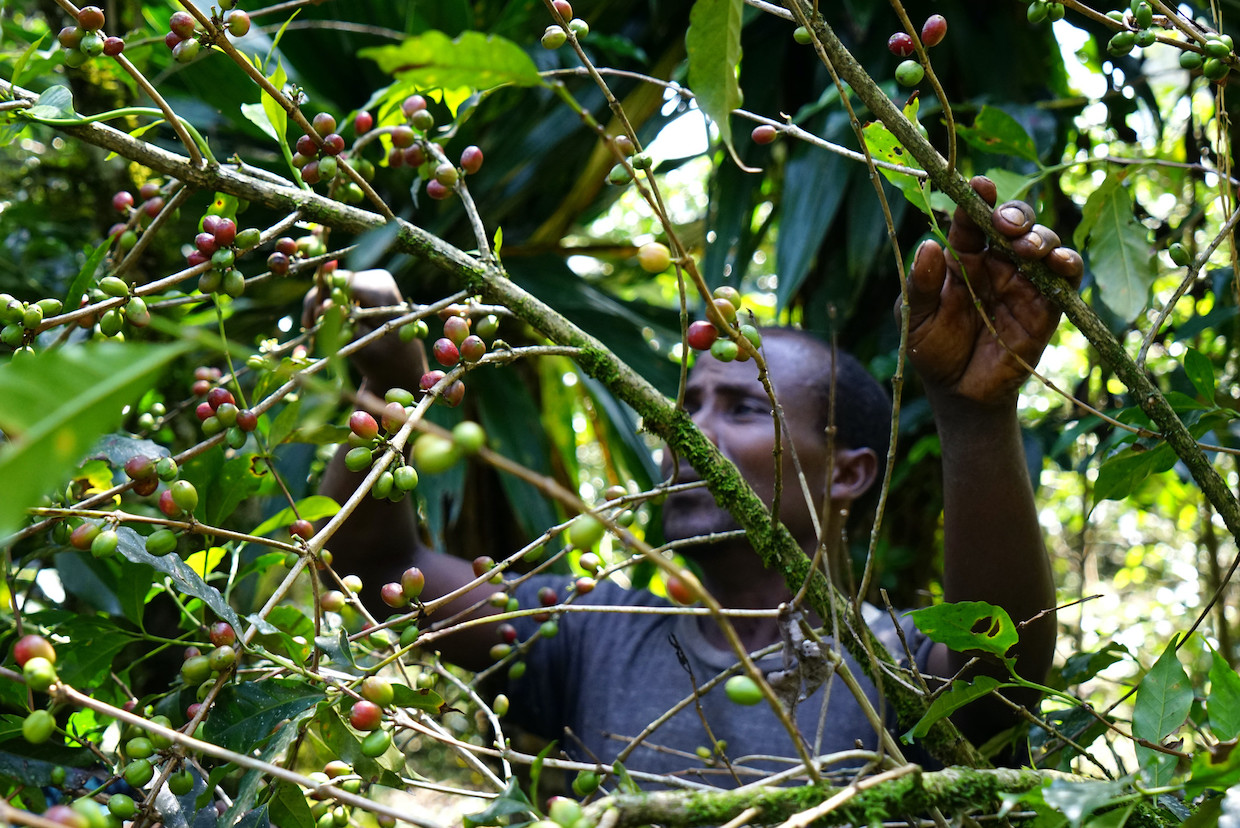Farm Africa Outlines Model for Boosting Farmer Incomes While Curbing Deforestation


Coffee produced through the Farm Africa-led forest coffee project. All images courtesy of Farm Africa.
The last decade has seen a growing pile of evidence suggesting that coffee grown in agroforestry systems has the potential for numerous environmental and economic benefits over coffee grown on large swaths of deforested, chemical-doused land.
The latest piece comes from the heart of the wild coffee forests, following a multiyear forest conservation and coffee development project led by the NGO Farm Africa in Ethiopia.
According to the group, the results demonstrate that environmental protection and economic development can indeed go hand in hand while improving local food supplies.
The report comes as enforcement of the new European deforestation-free law affecting coffee, known as EUDR, is scheduled to take effect at the end of this year.
Available through the Farm Africa website, the report details the outcomes of a three-year initiative ending in March 2024 that took place in the forest-rich Ilu Ababor Zone of Ethiopia’s Oromia region, one of the few places on earth where wild arabica still grows naturally.
The project involved working with 19 Participatory Forest Management Cooperatives (PFMCs) across four districts — Ale, Becho, Didu and Mettu Zuria — reaching more than 4,000 people in farming communities, according to UK-based Farm Africa.

Abdi Bori Participatory Forest Management Cooperative Chairman Mulugeta Tafesse stands beside coffee produced by the cooperative.
The initiative involved training, infrastructure building and market connections to support community-based businesses in producing coffee and other forest-compatible products like honey, vegetables and tree seedlings.
Household Income
Key outcomes included a 43% reduction in the average annual deforestation rate within the project region alongside a 33% increase in household income (18% when adjusted for inflation).
The project also resulted in increased usage of energy-efficient stoves and increased household dietary diversity and income through vegetable farming.
‘Forest Coffee’ Initiatives
A key initiative within the project was to strengthen “forest coffee” production, which involved helping six PFMCs qualify for cooperative legal status to sell coffee, building infrastructure, farmer training, microfinancing and facilitating international market access, among other strategies.
Farm Africa reported that the PFMCs collectively sold 168.6 metric tons of coffee, with 98.5% meeting export quality standards. Within that volume, 44% of the forest coffee met specialty-grade standards, up from 20% when the project launched in 2021.
“The Forest Coffee project shows that protecting nature doesn’t have to mean sacrificing income. With ingenuity we can grow profitable new income streams rooted in production methods that restore and protect our ecosystems,” Farm Africa Project Coordinator Teferra Amare said in a press release shared with DCN. “This integrated model of conservation and business development offers a powerful blueprint for other forested regions facing economic and ecological challenges.”
Comments? Questions? News to share? Contact DCN’s editors here. For all the latest coffee industry news, subscribe to the DCN newsletter.














